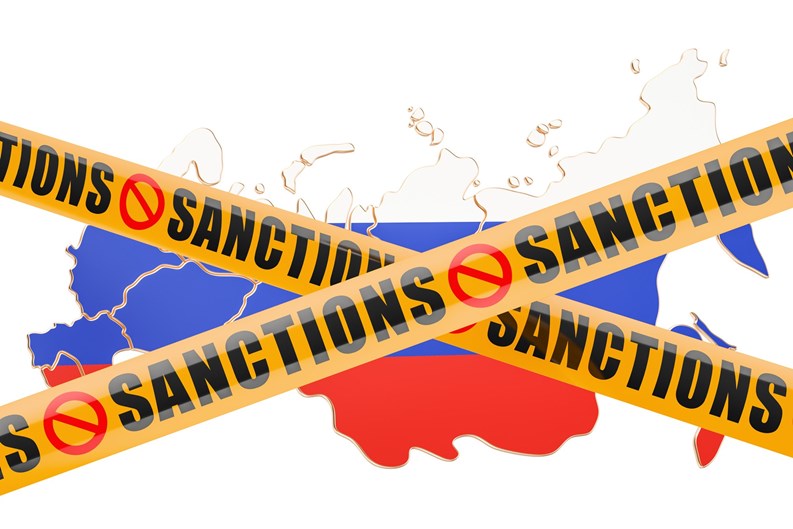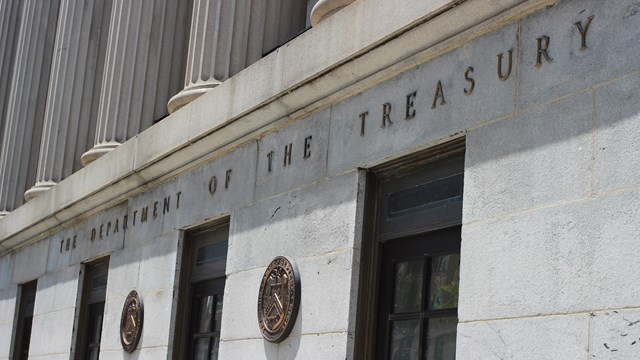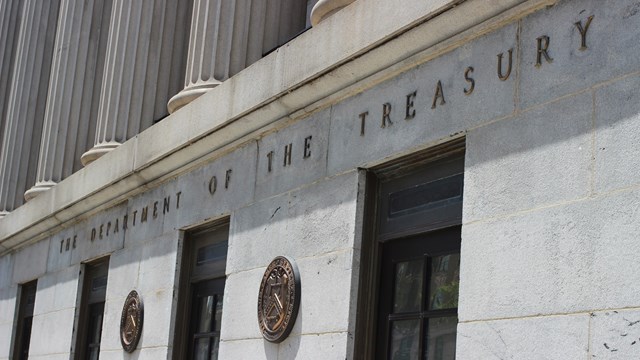The continuing war in Ukraine and the accompanying sanctions imposed by the US, EU, and their allies reach into our own backyard. Many Russian oligarchs own luxury apartments and other real estate in New York and elsewhere in the United States. What is the practical reality of those sanctions for co-op and condominium communities?
Seizures & Sales
Can the government confiscate someone’s real estate because of their connection to or involvement with a sanctioned foreign power? “The short answer is, ultimately, yes,” says Mark Hakim, an attorney with Schwartz Sladkus Reich Greenberg & Atlas, a law firm based in Manhattan. “However, the process of seizing and taking a property is quite involved - it’s not as easy as, say freezing an asset or filing a lien for unpaid taxes. Seizing an apartment is further complicated by the various corporate structures, LLCs, and levels of ownership - but presuming the government works its way through the corporate structure and ultimately seizes an apartment, we advise our boards to comply with the seizure orders.”
William McCracken, a partner with Ganfer Shore Leeds Zauderer, also based in New York adds, “I know that in the UK, there has been a great deal of discussion and activity around seizing property held by Russian oligarchs in London. Nothing like that has happened in New York - at least not yet. There have been sanctions issued by OFAC at the Federal level targeting a select group of Kremlin insiders, and so any transactions in the United States involving those individuals are now prohibited. That would of course include their buying or selling condo units. But in the context of the New York City real estate market, you’re talking about a vanishingly small number of deals that might be affected, most of which are done through anonymous LLCs which make it difficult if not impossible to trace the actual individuals involved.”
Hakim adds that, “To the extent their assets are frozen, for example, or one or more [oligarchs or their family members] are placed on a list of prohibited individuals, such as that maintained by the Office of Foreign Assets Control of the US Department of the Treasury, which administers and enforces economic and trade sanctions against targeted foreign countries and regimes, terrorists, international narcotics traffickers, those engaged in activities related to the proliferation of weapons of mass destruction, and other threats to the national security, foreign policy or economy of the United States.”
“We also see instances where the government may ‘freeze’ an asset,” Hakim continues, “and would, in either event, perform diligence and reach out to relevant parties, title companies and the agency which froze the asset, to better understand the nature of the freeze and ascertain whether it affects the subject property. Obviously, regardless of whether it is a cooperative corporation or condominium, to the extent a board has any control over the transfer, we would counsel the board to err on the side of caution and perform diligence to make certain the actions permitted or taken do not violate any such freeze.”
Co-op vs. Condo
While generally, cooperative boards can, with few exceptions, reject any applicant in New York City for any or no legal reason, condominium boards may have a hard time preventing a purchaser on any OFAC list or who has had his or her assets frozen due to the limitations of their powers in their very own bylaws. Most condominium boards can only issue a waiver of a right of first refusal, allowing the purchase to proceed. Their other option is to purchase the apartment on the terms in the contract - which most cannot afford to do.
As the situation in Ukraine continues to develop, and its consequences and ramifications continue to emerge, the ripples from across the Atlantic may even be felt here, in some of the wealthiest and most exclusive building communities.







Leave a Comment